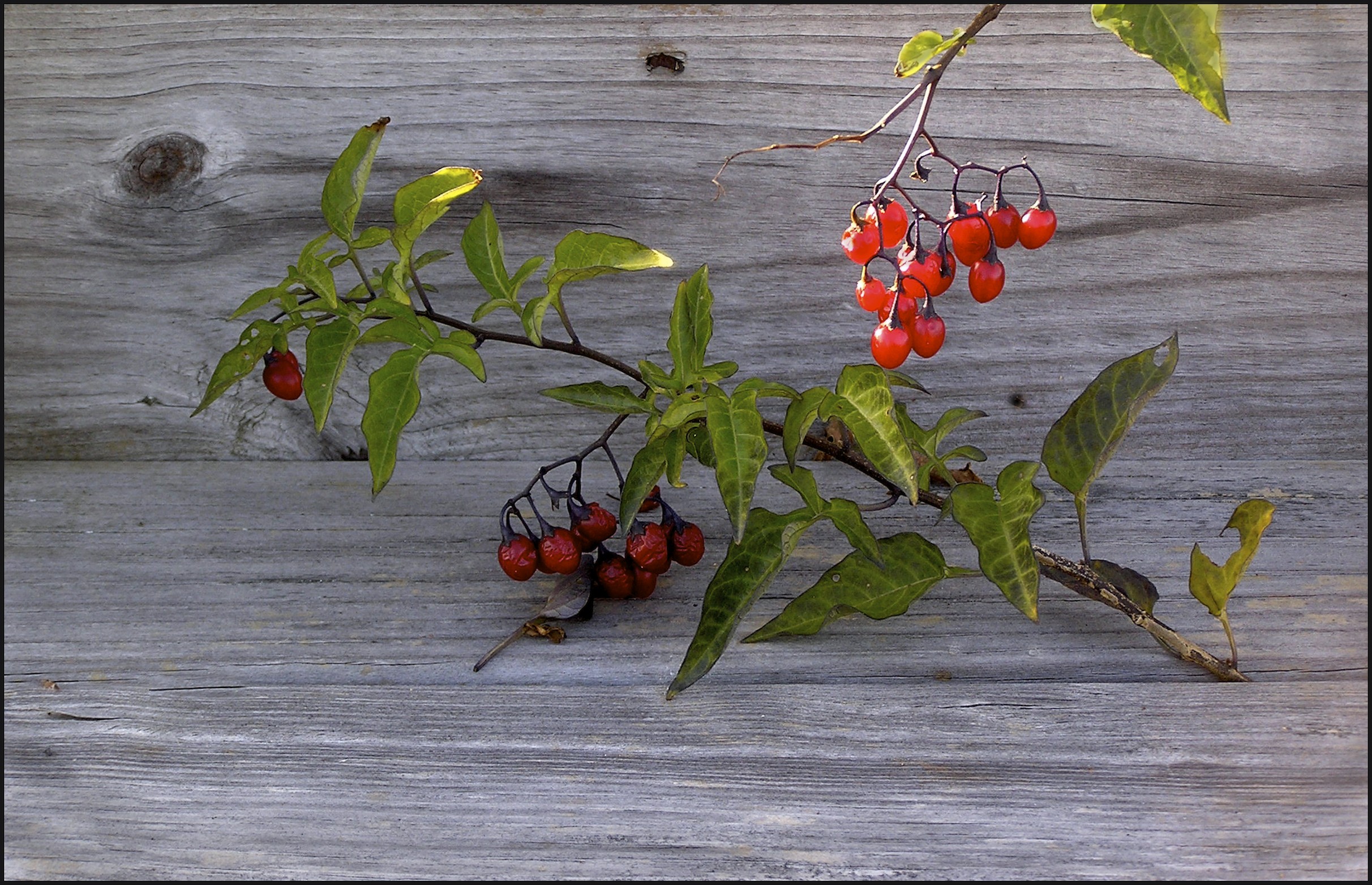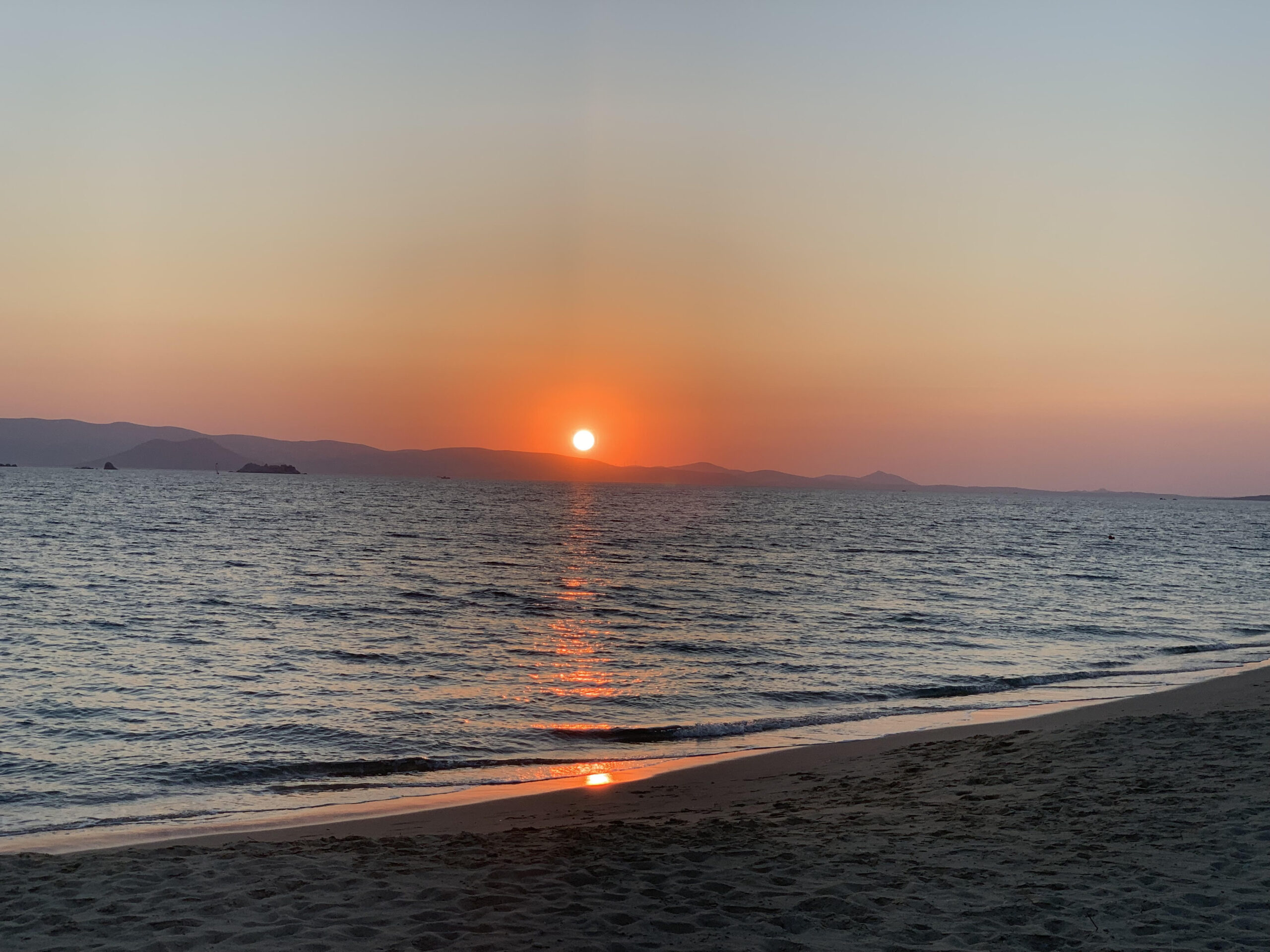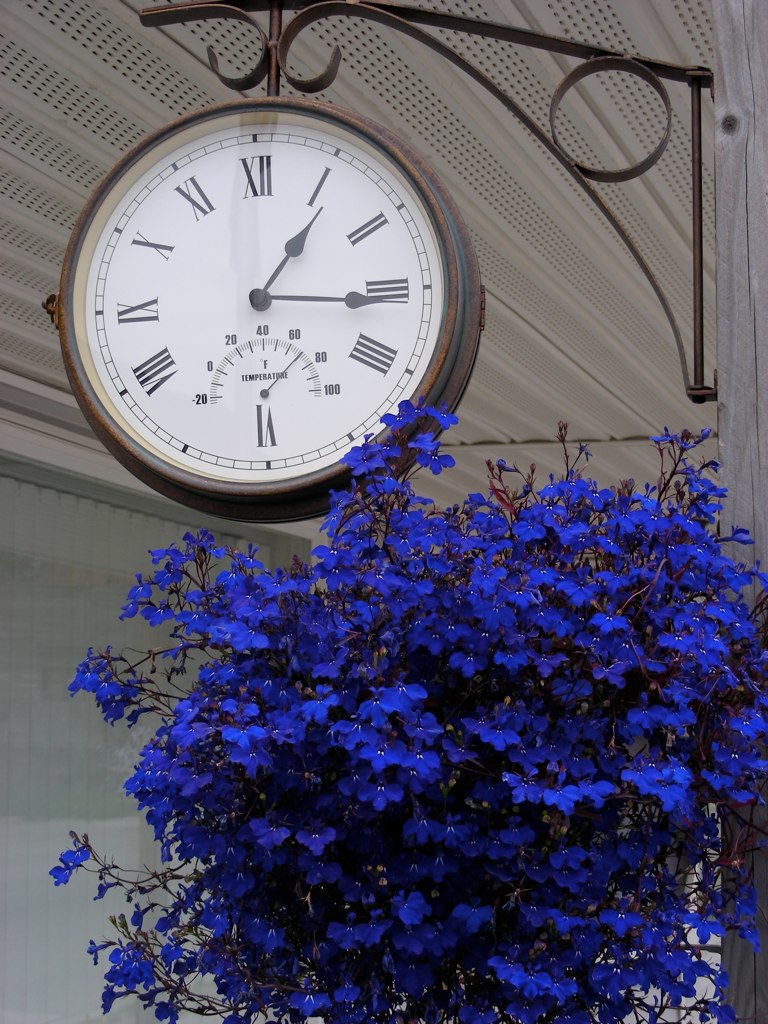
At the heart of the matter seemed to have been the interweaving of patience, reflection and gratitude. The theme of patience was interwoven in the comments made by many of our respondents. This theme seems to be part and parcel of the slow thinking process advocated by Kahneman. Patience, reflection and gratitude can dance together even during the era of COVID-19.
Insights about continuity and change
COVID-19 clearly changed everything. AS one of our respondents has already noted, this is “a pandemic that affects us all and healthcare professionals all over the world.” We had to adjust to this change or fall into a state of despair and even depression. Yet, the virus also taught us that there are some things in our life that don’t change, regardless of the virus’ invasion. It is precisely because of the need for some major changes, that we discover what doesn’t have to change (or what we refuse to change). One very discerning respondent observed the following about themselves: “my known patterns are showing themselves.” Another put it this way: “Fully stopping helps clarify what you truly want to continue.” The self-reflection that we have already identified helps us determine which of our old priorities (and patterns of behavior) should remain in place.
On the other side of the ledger, is the prospect of (even demand for) change. Respondents wrote of “Changing lifestyle and daily schedules.” As one respondent concluded: “flexibility is important when coping with life altering events [such as COVID}.” Our colleagues found that changes were often required at a mundane level. The following insight was offered: “the ‘small stuff’ matters more when the large things are overwhelming.” Is this a mode of denial or is this recognition that small steps must be taken on the way to a long journey of change? It is not denial if we believe that we have the capacity to adjust and shift both the small stuff and the big stuff. This is the capacity for resilience that we have already identified.
One of the respondents offering the long statement we quoted at the start of this section seems to have provided us with some directions regarding resilience. This respondent reflected on the much bigger challenges which their ancestors faced and overcame. The resilience is there to be inherited and enacted by those challenged by 21st Century adversaries. In our self-reflection, can we find this inheritance? Can we appreciate the strengths and capacities that reside within us? For at least one of our respondents the answer to both questions is positive: “Radical change is more accessible than I previously understood. Covid 19 was a change imposed on our society, a planned change is also possible.”
As already noted, with this capacity for resilience comes the capacity to help other people discover and engage their own resilience. For instance, one respondent indicated that: “I’ve learned to appreciate that coworkers/leadership learned to adapt pretty well (and quickly) to the shift to the work-from-home way of doing things.” Thus, we have learned from our respondents (and from COVID-19) that we can reach back in time and reach out in our current world to find stories of and examples of courage, flexibility—and resilience. We are supported by and can in turn help to support this collective resilience in the face of a powerful foe (the virus) that is a source of collective trauma but also the potential source of new, collective learning.








